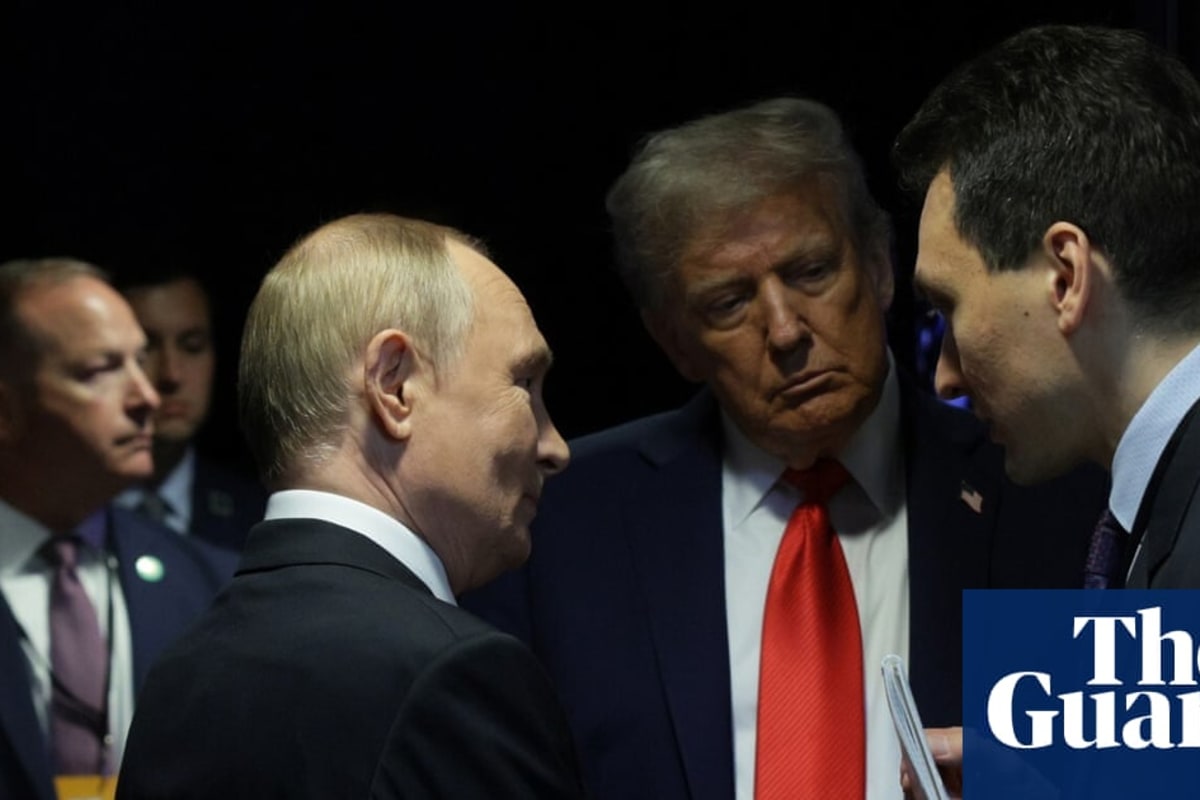Putin's Alaska Meeting: Ukraine Ambassador Slams Russia's Aims

: The Russo-Ukrainian War and International Relations The ongoing conflict between Russia and Ukraine has significantly impacted global geopolitics, causing widespread instability and humanitarian crises The war, initiated by Russia in 2022, stems from complex historical, political, and geopolitical factors Russia's stated justifications for the invasion have been widely contested by the international community, who view the conflict as an unprovoked act of aggression.
The international response has included extensive sanctions against Russia, humanitarian aid to Ukraine, and significant military support for Ukrainian forces However, the conflict continues, with major implications for regional stability and the global balance of power For Southeast Asia, the war presents a complex dilemma, navigating the need for stability and economic relations with major global players while upholding international law and norms The Alaska Meeting and Its Aftermath The meeting between Russian President Vladimir Putin and US President Donald Trump in Alaska, while presented as a step towards resolving the conflict in Ukraine, yielded inconclusive results Although both leaders claimed "great progress" had been made, no concrete peace agreement was reached This lack of significant breakthrough further fueled international concerns about the ongoing conflict and Russia's intentions The nearly three-hour meeting highlighted the ongoing tensions between the two superpowers While the specific details of their discussions remain partly undisclosed, the lack of a substantial outcome signals the depth of the disagreements and the challenges in finding a peaceful resolution to the Ukraine crisis Ukraine's Accusation: Reviving the Soviet Empire Vasyl Myroshnychenko, Ukraine's ambassador to Australia, issued a strong condemnation of Putin's actions and ambitions following the Alaska summit He accused Putin of harboring the long-term goal of "reviving the Soviet Union" by actively seeking to "destroy democracy next door This statement encapsulates Ukraine's perspective, viewing the war not merely as a territorial dispute but as an existential threat to its sovereignty and democratic values Vladimir Putin remains determined to "revive the Soviet Union" by "destroying democracy next door," This assertion highlights the strategic dimension of the conflict and casts Putin's actions within a broader narrative of geopolitical ambition
Background
The ambassador's strong words underscore the deep distrust between Ukraine and Russia and the significant stakes involved in the ongoing conflict.
Implications and Analysis The ambassador's statement reflects the prevailing sentiment within Ukraine and amongst its allies The inconclusive nature of the Putin-Trump meeting only reinforces fears that Russia may continue its aggressive pursuit of territorial expansion and the undermining of democratic institutions in the region The situation poses a significant challenge to international efforts to establish peace and stability Southeast Asian countries, mindful of their own historical experiences with great power conflicts and the importance of regional stability, will need to closely monitor the developments The lack of decisive action from the international community, despite sanctions and aid, underscores the complexity of the conflict and the limitations of current approaches The path towards a peaceful resolution remains uncertain, requiring both diplomatic efforts and strategic planning to address the multifaceted aspects of the conflict Key challenges moving forward include: Finding common ground between Russia and Ukraine Enforcing international norms and deterring further Russian aggression
Addressing the humanitarian crisis and ensuring aid delivery to those in need. Navigating the complex geopolitical landscape and maintaining regional stability.
